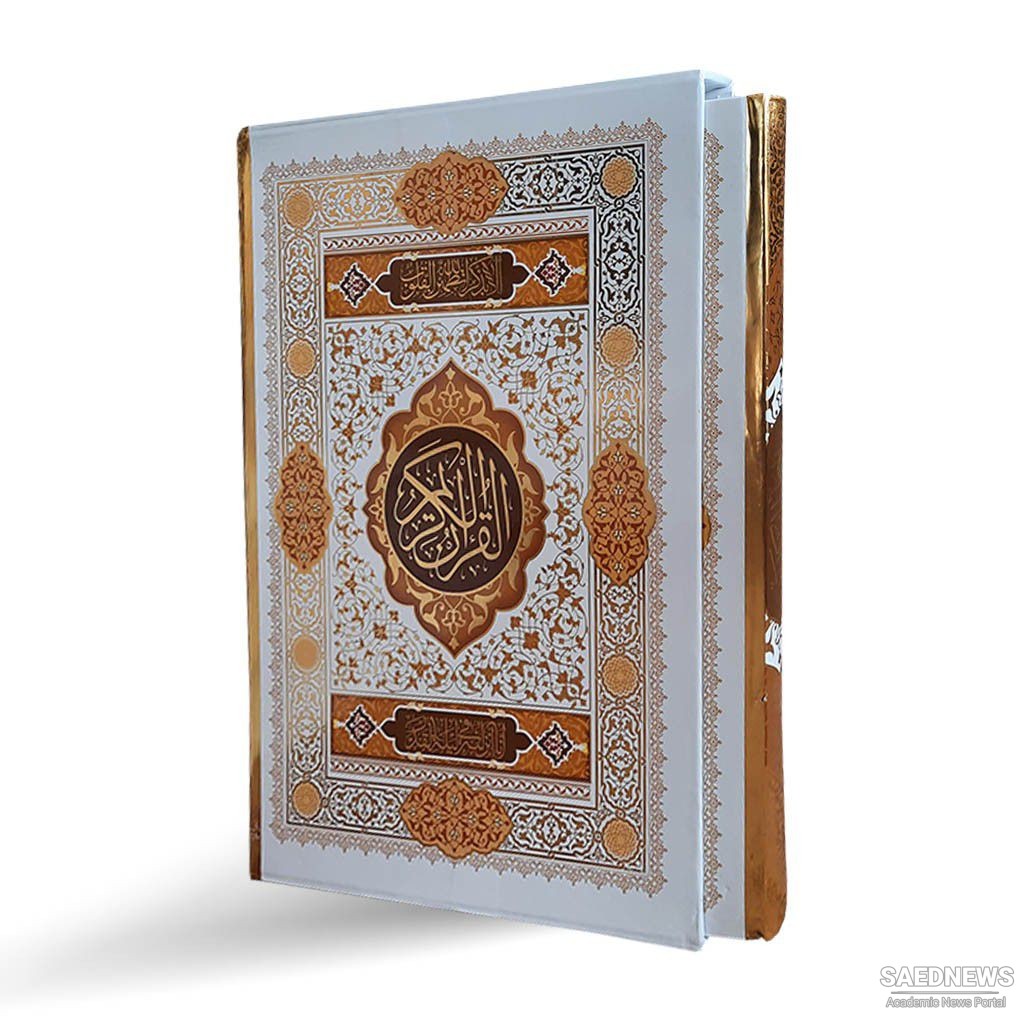Just as the Most Noble Messenger (s) was entrusted with the implementation of divine ordinances and the establishment of the institutions of Islam, and just as God Almighty set him up over the Muslims as their leader and ruler, making obedience to him obligatory, so, too, the just fuqahā must be leaders and rulers, implementing divine ordinances and establishing the institutions of Islam.
Since Islamic government is a government of law, those acquainted with the law, or more precisely, with religion i.e., the fuqahā must supervise its functioning. It is they who supervise all executive and administrative affairs of the country, together with all planning. The fuqahā are the trustees who implement the divine ordinances in levying taxes, guarding the frontiers, and executing the penal provisions of the law. They must not allow the laws of Islam to remain in abeyance, or their operation to be effected by either defect or excess. If a faqīh wishes to punish an adulterer, he must give him one hundred lashes in the presence of the people, in the exact manner that has been specified. He does not have the right to inflict one additional lash, to curse the offender, to slap him, or to imprison him for a single day. Similarly, when it comes to the levying of taxes, he must act in accordance with the criteria and the laws of Islam; he does not have the right to tax even a shāhi in excess of what the law provides. He must not let disorder enter the affairs of the public treasury or even so much as a shāhi be lost. If a faqīh acts in contradiction to the criteria of Islam (God forbid!), then he will automatically be dismissed from his post, since he will have forfeited his quality of trustee.
Law is actually the ruler; the security for all is guaranteed by law, and law is their refuge. Muslims and the people in general are free within the limits laid down by the law; when they are acting in accordance with the provisions of the law, no one has the right to tell them, “Sit here,” or “Go there.” An Islamic government does not resemble states where the people are deprived of all security and everyone sits at home trembling for fear of a sudden raid or attack by the agents of the state. It was that way under Mu‘āwiyah and similar rulers: people had no security, and they were killed or banished, or imprisoned for lengthy periods, on the strength of an accusation or a mere suspicion, because the government was not Islamic. When an Islamic government is established, all will live with complete security under the protection of the law, and no ruler will have the right to take any step contrary to the provisions and laws of the immaculate sharī‘ah.
The meaning of “trustee,” then, is that the fuqahā execute as a trust all the affairs for which Islam has legislated not that they simply offer legal judgments on given questions. Was that the function of the Imām (‘a)? Did he merely expound the law? Was it the function of the prophets (‘a) from whom the fuqahā have inherited it as a trust? To offer judgment on a question of law or to expound the laws in general is, of course, one of the dimensions of fiqh. But Islam regards law as a tool, not as an end in itself. Law is a tool and an instrument for the establishment of justice in society, a means for man’s intellectual and moral reform and his purification. Law exists to be implemented for the sake of establishing a just society that will morally and spiritually nourish refined human beings. The most significant duty of the prophets (‘a) was the implementation of divine ordinances, and this necessarily involved supervision and rule.


 Rule of Islam and Implementation of Divine Law
Rule of Islam and Implementation of Divine Law














































